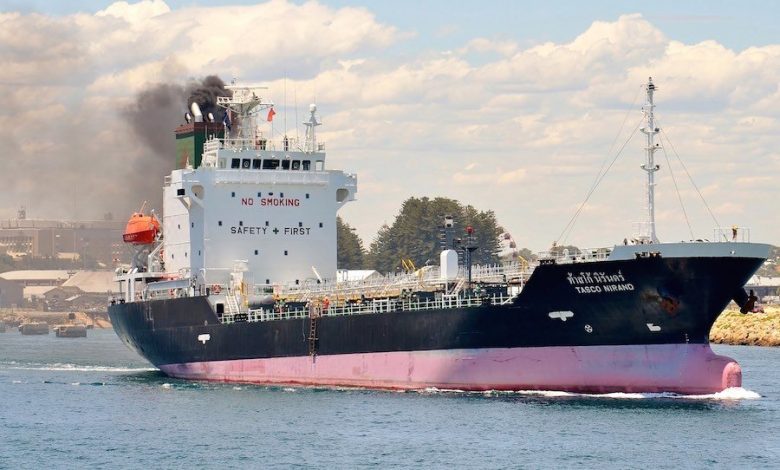Authors of IMO ‘corporate capture’ report respond to criticism

The authors of this week’s contentious study into lobbying at the International Maritime Organization have responded to widespread criticism, insisting the shipping industry does exert too much influence at the UN body.
UK-based non-profit InfluenceMap’s Corporate capture of the IMO report, issued on Monday, has been one of the talking points around this week’s environmental talks at IMO’s headquarters in London. It states leading shipowner organisations and flags of convenience hold too much sway in formulating ship emission cutting legislation at the IMO. The 38-page study has since been attacked by top shipping organisations including BIMCO, the World Shipping Council (WSC) and the International Chamber of Shipping (ICS) as well as by Kitack Lim, IMO’s secretary-general.
Unfazed, however, InfluenceMap has shot back, stating its methodology for assessing corporate influence over policy as well as lining up a few more accusations at its critics.
For instance, the WSC, the Washington DC-based liner lobbying group, was accused of not offering any emission cutting proposals that include binding sector-wide greenhouse gas (GHG) emissions reduction targets or caps. InfluenceMap also claimed in its rebuttal of the rebuttals that WSC has actively lobbied against the introduction of operational energy efficiency standards for shipping.
InfluenceMap also questioned the assertions from IMO’s Lim that his organisation takes onboard so many viewpoints to provide a balance that boosts the UN body’s credibility.
‘[T]he extensive influence the shipping sector has over the IMO, as shown by our research suggests this balance is clearly tilted in the favour of shipping industry interests. Further, our research shows the positions these corporate interests take suggest they are actively working to oppose meaningful policy progress to address the impact of the shipping sector on global climate change,” InfluenceMap claimed.
On how the study was carried out, InfluenceMap, which has carried out many other similar reports for other sectors, said the IMO report is based on a breakdown of a specific policy area into key sub-issues and assessment of how a company or trade association engages with these by accessing a wide range of information sources, including submissions by the companies to the official regulatory consultation process (often obtained by Freedom of Information requests), corporate websites, reliable media coverage, transcripts of messaging from the organisational heads and financial disclosures. On the compiling of the report, more than 100 pieces of evidence on three key trade groups active at the IMO – BIMCO, ICS and WSC – were assessed and archived online to create a look at their positions on climate-related policy.
“InfluenceMap has a systematic and data-driven approach to assessing corporate and trade association engagement with policy and regulations. It has been applied successfully to drive objective debate and positive change within the global climate policy agenda. We certainly hope this can happen in the context of global shipping and stand by the conclusions of our report,” said the organisation’s executive director, Dylan Tanner.

“They don’t like it up ‘em!”
(Lance-Corporal Jones, “Dad’s Army”.)